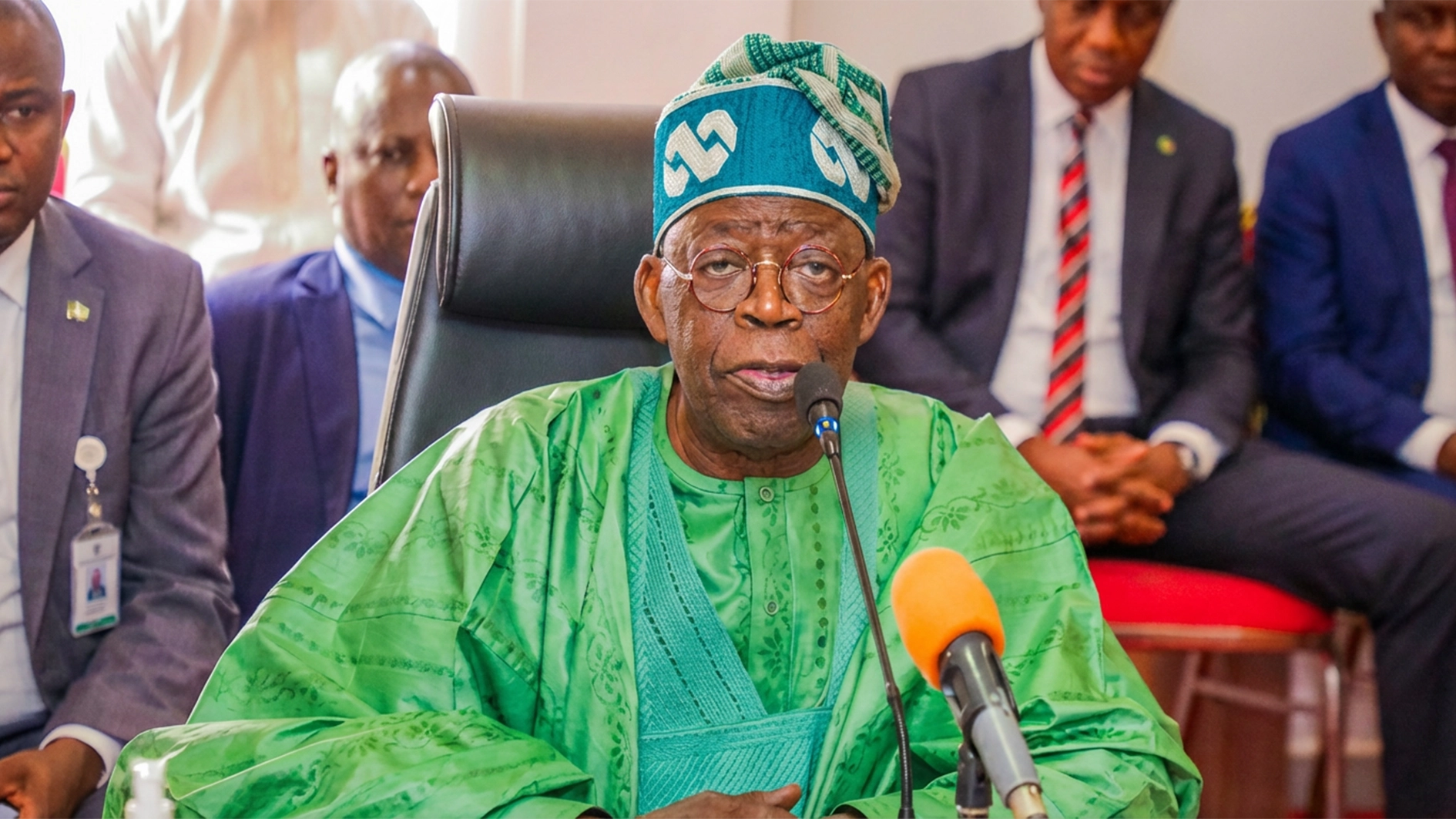Governor of Lagos State, Babajide Sanwo-Olu, has signed a Memorandum of Understanding (MoU) with the Bank of Industry (BOI) to strengthen workplace safety practices among Micro, Small and Medium Enterprises (MSMEs) operating in Lagos.
Sanwo-Olu also inaugurated the Safety First Campaign and unveiled the first-ever Occupational Safety Cadre in the Lagos State public service.
Speaking yesterday at the third Lagos State Occupational Safety and Health Conference held in the state, with the theme, “Occupational Safety and Health (OSH) as a catalyst for nation Building,” Sanwo-Olu, reiterated his administration’s commitment to promoting workplace safety, public health and environmental protection.
Sanwo-Olu described the new occupational safety cadre as a groundbreaking initiative and the first of its kind in sub-Saharan Africa, noting that it will institutionalise safety as a professional discipline within the Lagos State civil service.
“For the first time, safety will not just be treated as a hard-core responsibility but as a recognized career path, complete with its own structure, training, and expertise. These steps will ensure that generations of Lagosians benefit from a professional core dedicated solely to occupational safety and health,” he said.
Sanwo-Olu also highlighted the role of technology in driving modern safety standards, just as he announced the deployment of drones for surveillance, body cameras and thermal detection tools to enhance monitoring, enforcement, and emergency response.
In his keynote address titled “Occupational Safety and Health as the Catalyst of Sustainable Nation Building,” the Managing Director and Chief Executive Officer of BOI, Dr. Olasupo Olusi, said there is overwhelming evidence that inadequate workplace safety continues to pose significant risks to workers globally.
He cited studies that showed between 10 to 30 per cent of industry workers suffer injuries, occupational diseases and health hazards on a yearly basis, which include physical accidents, exposure to harmful chemicals, and long-term respiratory complications, among other issues.
According to him, the consequences of work-related accidents and illnesses are profound and result in lost workdays, reduced productivity, and rising healthcare costs.
He said that while various African countries are ensuring a safer work environment, Nigeria must position itself as a regional leader in embedding Environmental, Social and Governance (ESG) -driven safety practices across all sectors, from high-risk industries to MSMEs.
“By integrating global standards, technology, and accountability, we can build workplaces that are safe, competitive, and resilient,” he said.
Director General, Lagos State Safety Commission (LSSC), Lanre Mojola, said the agency realised enforcement action is reducing as compliance is increasing.
He assured that the agency will continue to increase inspections across the state as enforcement is returned.
Mojola also stated that the agency will ensure that Vertical Transportation Equipment is fully enforced to the letter as Lagos continues to move on.
He reiterated that over 20,000 facilities already registered have GPIS with pictorial evidence.
In his welcome address, the Commissioner for Special Duties and lnter-governmental Relations, Mr Olugbenga Oyerinde, stressed that occupational and general public safety remains a top priority to the State Government, saying, “every Lagosian deserves to live, work, and move freely without any fear.”






